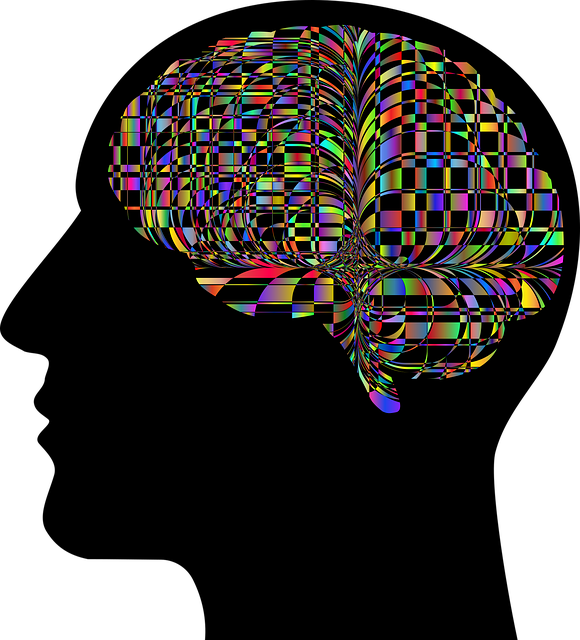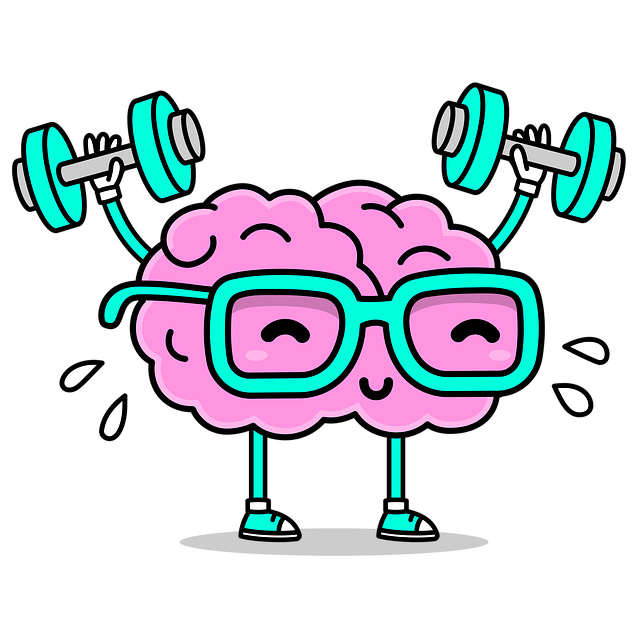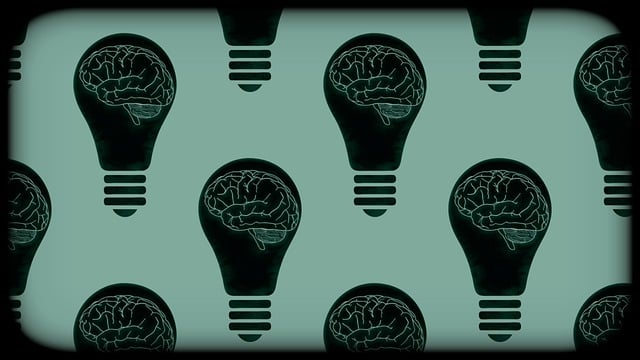Arvada Children's Therapy offers specialized support for young minds aged 3–12, focusing on emotional well-being and resilience through evidence-based practices like compassion cultivation and emotional regulation. The program includes play therapy, art therapy, and individual/group sessions to empower self-expression, build confidence, and improve mental health. Evaluating the program involves a multi-faceted approach combining standardized assessments, interviews, surveys, case study analyses, and risk management planning for safety and well-being. Continuous improvement is driven by data-driven methods, client and therapist feedback, and analysis of qualitative and quantitative information to refine techniques and support optimal emotional well-being.
Mental wellness program evaluation is crucial for ensuring effective interventions. This article explores comprehensive methods used in evaluating programs like Arvada Children’s Therapy, offering a detailed look at assessment tools, evaluation techniques, and continuous improvement strategies. By delving into these aspects, we aim to enhance the measurement of mental wellness program effectiveness, highlighting best practices that can revolutionize support for young minds.
- Understanding Arvada Children's Therapy: A Program Overview
- Assessment Tools for Mental Wellness Interventions
- Evaluation Techniques to Measure Effectiveness
- Continuous Improvement: Feedback and Data Analysis
Understanding Arvada Children's Therapy: A Program Overview

Arvada Children’s Therapy is a specialized program designed to support young minds and their families. This therapeutic approach focuses on fostering emotional well-being and resilience in children, aged 3 to 12 years old. By creating a safe and nurturing environment, the program aims to help kids navigate through various challenges they may face, including anxiety, depression, trauma, or behavior issues.
The therapy incorporates evidence-based practices such as compassion cultivation and emotional regulation techniques, offering a holistic approach to mental wellness. Trained therapists guide children and their caregivers with crisis intervention strategies, helping them develop coping mechanisms for daily stress and intense emotions. Through play therapy, art therapy, and individual/group sessions, Arvada Children’s Therapy empowers kids to express themselves, build self-confidence, and improve their overall mental health.
Assessment Tools for Mental Wellness Interventions

When evaluating mental wellness programs, particularly those focusing on children, a robust toolkit of assessment tools is essential. These tools play a pivotal role in measuring the effectiveness and impact of interventions offered by Arvada Children’s Therapy. One such tool is standardized assessments that provide a structured way to gauge mental health symptoms, cognitive abilities, and emotional well-being. These assessments are tailored to different age groups and can offer quantitative data for comparison over time or across various treatment modalities.
Furthermore, qualitative methods like interviews and surveys allow for deeper insights into participants’ experiences. This is especially valuable in understanding the cultural nuances of the families involved, as advocated by healthcare provider cultural competency training. By combining quantitative and qualitative approaches, mental health policy analysis and advocacy can be informed, ensuring that programs are not only effective but also culturally sensitive and tailored to the unique needs of each child and family.
Evaluation Techniques to Measure Effectiveness

When evaluating the effectiveness of mental wellness programs, particularly those focused on children in Arvada, several techniques can be employed to gain comprehensive insights. One powerful method is utilizing structured interviews and surveys to gather feedback from participants and their guardians. These tools allow for qualitative and quantitative data collection, capturing changes in mental health status, coping mechanisms, and overall program satisfaction. For instance, the Child Health Questionnaire (CHQ) is a widely used survey that assesses various aspects of a child’s well-being, including emotional and behavioral functioning.
Additionally, case study analyses offer an in-depth look at individual journeys within the program. By examining each participant’s unique experiences, therapists can identify successful interventions, challenges, and areas for improvement. This qualitative approach, often combined with quantitative data from surveys, provides a holistic understanding of the program’s impact on mental wellness. Effective risk management planning for mental health professionals is also essential, ensuring the safety and well-being of both clients and practitioners, as highlighted in Trauma Support Services strategies.
Continuous Improvement: Feedback and Data Analysis

At Arvada Children’s Therapy, continuous improvement is a cornerstone of our mental wellness program evaluation methods. We believe that gathering and analyzing feedback from both clients and therapists is indispensable for refining our approaches and ensuring optimal emotional well-being promotion techniques. By systematically reviewing data, we can identify areas where our programs excel and aspects that require adjustments or further development. This data-driven approach enables us to continually enhance our Mental Wellness Coaching Programs, making them more effective and tailored to the unique needs of each child.
The process involves collecting qualitative and quantitative data through various channels, including client surveys, therapy session notes, and performance metrics. This information is then meticulously analyzed to uncover trends and insights. By integrating these findings into our practice, we can implement targeted stress management strategies and adapt our methods to better support the holistic mental wellness of our clients. Through this continuous cycle of evaluation and improvement, Arvada Children’s Therapy remains committed to staying at the forefront of evidence-based practices in mental wellness coaching programs development.
Arvada Children’s Therapy offers a comprehensive mental wellness program, as demonstrated through its multi-faceted evaluation methods. By combining assessment tools, effective evaluation techniques, and continuous improvement strategies, the program ensures tailored interventions and measurable progress. This data-driven approach not only enhances the overall success of Arvada Children’s Therapy but also provides valuable insights for optimizing mental health support for young individuals.














